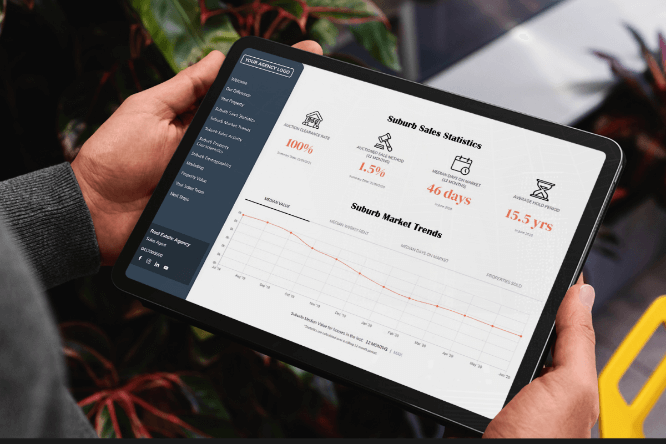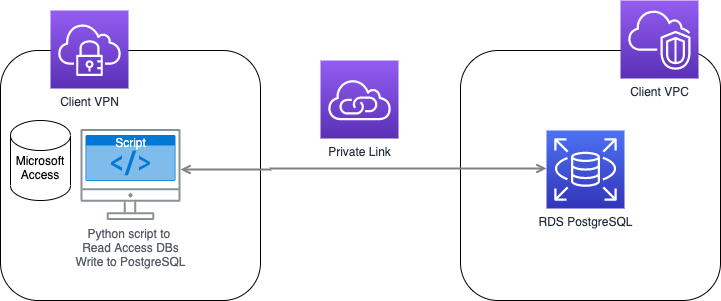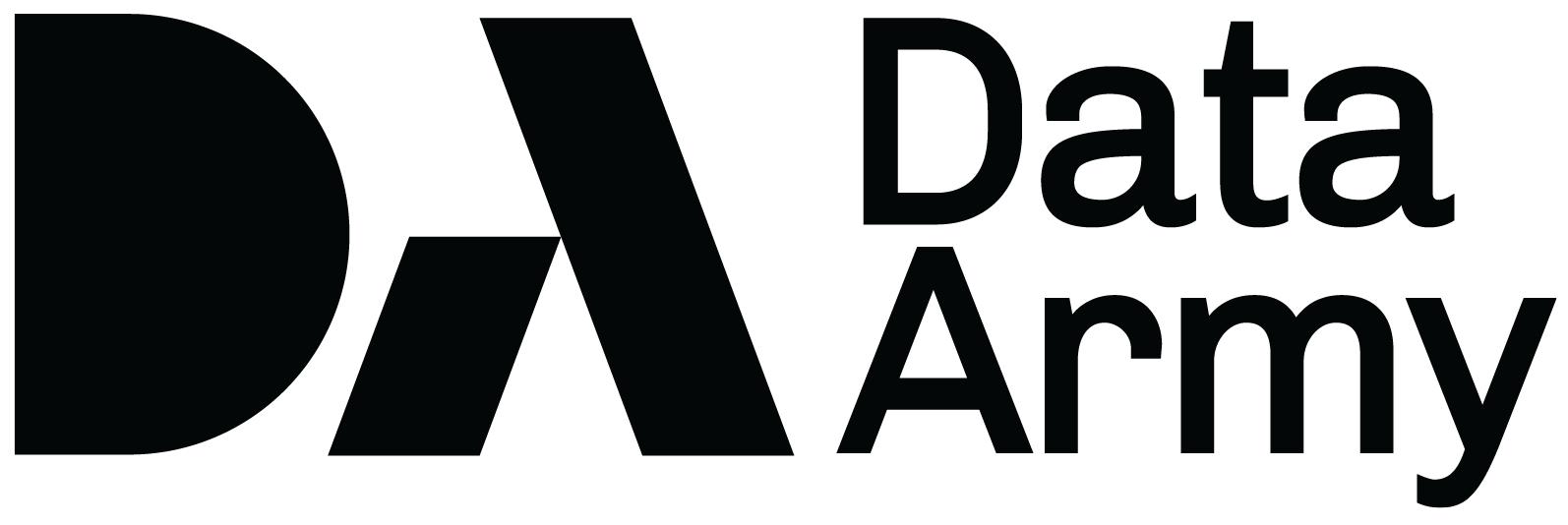Legacy Database Migration On-Premise to Cloud
The legacy database migration project involved a review of individual and collective MS Access databases before being rebuilt by Data Army.

Real Estate
AWS, Migration,
Database
OVERVIEW
CoreLogic is the largest provider of property information, analytics and property-related risk management services in Australia and New Zealand. They engaged Data Army to migrate legacy databased from on-premise to cloud.
To maintain their competitive advantage, CoreLogic invests in new technology, including cloud-based solutions. As part of their continued progression they regularly audit their systems to identify better ways of doing things.
A core part of their product suite is focussed on commercial real estate data, however the underlying technology that was maintaining this was no longer able to meet internal requirements around security, integration, improvement, and scalability. Data Army were appointed to review the requirements and capabilities of an underlying Microsoft Access suite of databases powering a large commercial product. The databases were migrated and merged into an AWS RDS PostgreSQL solution, significantly reducing risk of system or data loss, as well as realising many advantages of their other cloud-based products, including security, scalability and continuous deployment.
Visit the CoreLogic website to learn more about what they do: corelogic.com.au

BUSINESS CHALLENGES
• Risk of severe data loss and inability to roll back changes to a point in time without significant impact
• Black-box legacy system where very few people knew the internal workings of the system, adding further business continuity risk to operations
• Require on premise dedicated server space adding to monthly internal infrastructure fees
• No tracking of changes or visibility into system usage or other statistics
• Little system integration opportunities without manual import/export, limiting the ability to improve and expand the product
“Data Army have recently completed the complete re-development of a legacy system which had been in operation since the mid-1990’s. The work included the complete replacements of the tech stack – the back-end databases, front-end UI and everything in between. Add to that the migration of the data!
I would have no hesitation in recommending the Data Army team. Their level of professionalism is extremely high and their ability to deal in the technical while communicating with the not-so-technical stakeholders, makes working with them a smooth experience. I would have no hesitation in engaging Data Army again. In fact I look forward to when that time comes.”
—Brett Scott, CoreLogic Australia
PROJECT OUTCOMES
The individual and collective MS Access databases were reviewed and re-built as an AWS RDS service using PostgreSQL to achieve the following business outcomes:
• RDS has automatic backup capabilities and point in time restores in the case of disaster recovery or accidental changes.
• RDS is fully managed by AWS removing the need for internal servers, licences, and specialised knowledge around database management.
• All database access, updates and deployment changes logged for auditing, rollback, and security.
• Multiple users can now be assigned access to the database, easy integration with other services and data stores, faster processing time for data loads and extracts.
• The RDS solution can scale both horizontally and vertically to account for future planned and unpredicted growth.
• Cost savings made from non-renewal of Microsoft licences, plus underlying on-premise servers that can be either shut-down or re-purposed for other requirements.
THE DATA ARMY SOLUTION

As the MS Access solution had primarily been managed by the Commercial Account team, there wasn’t an assigned dedicated resource internally within CoreLogic to manage this database solution. For this reason, an AWS Relational Database Service (RDS) solution was chosen so that scaling, patching, and maintenance could be managed externally by AWS without the need for dedicated CoreLogic resources. In addition, using the AWS database migration tools simplifies the process and ultimately reduces development time. PostgreSQL was the most cost effective and appropriate option for the database requirements outlined by the client. The AWS architecture developed for this solution is documented below. For more information on RDS by AWS please visit: Amazon Relational Database Service (RDS).
Contact us to receive your free initial consultation.
